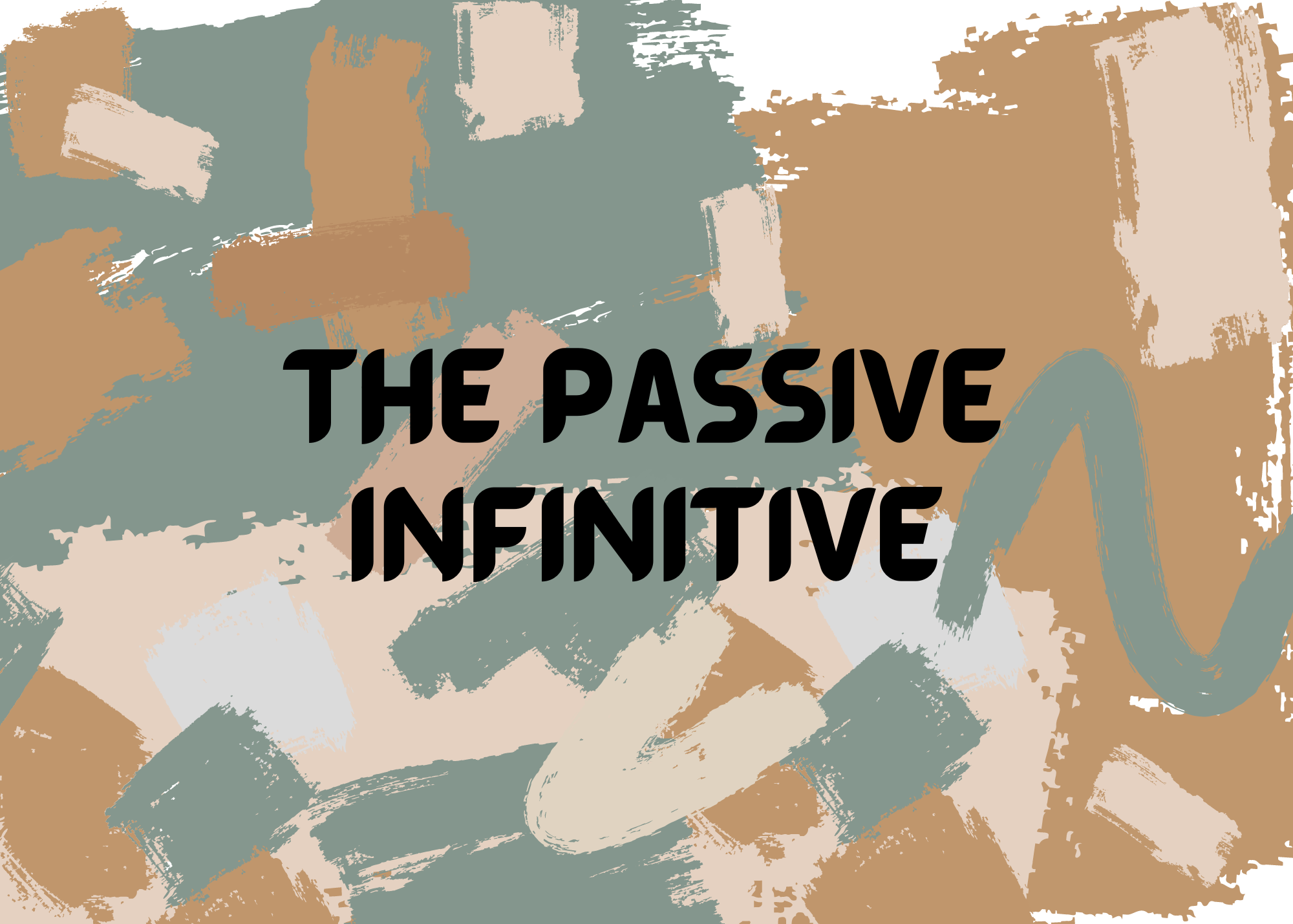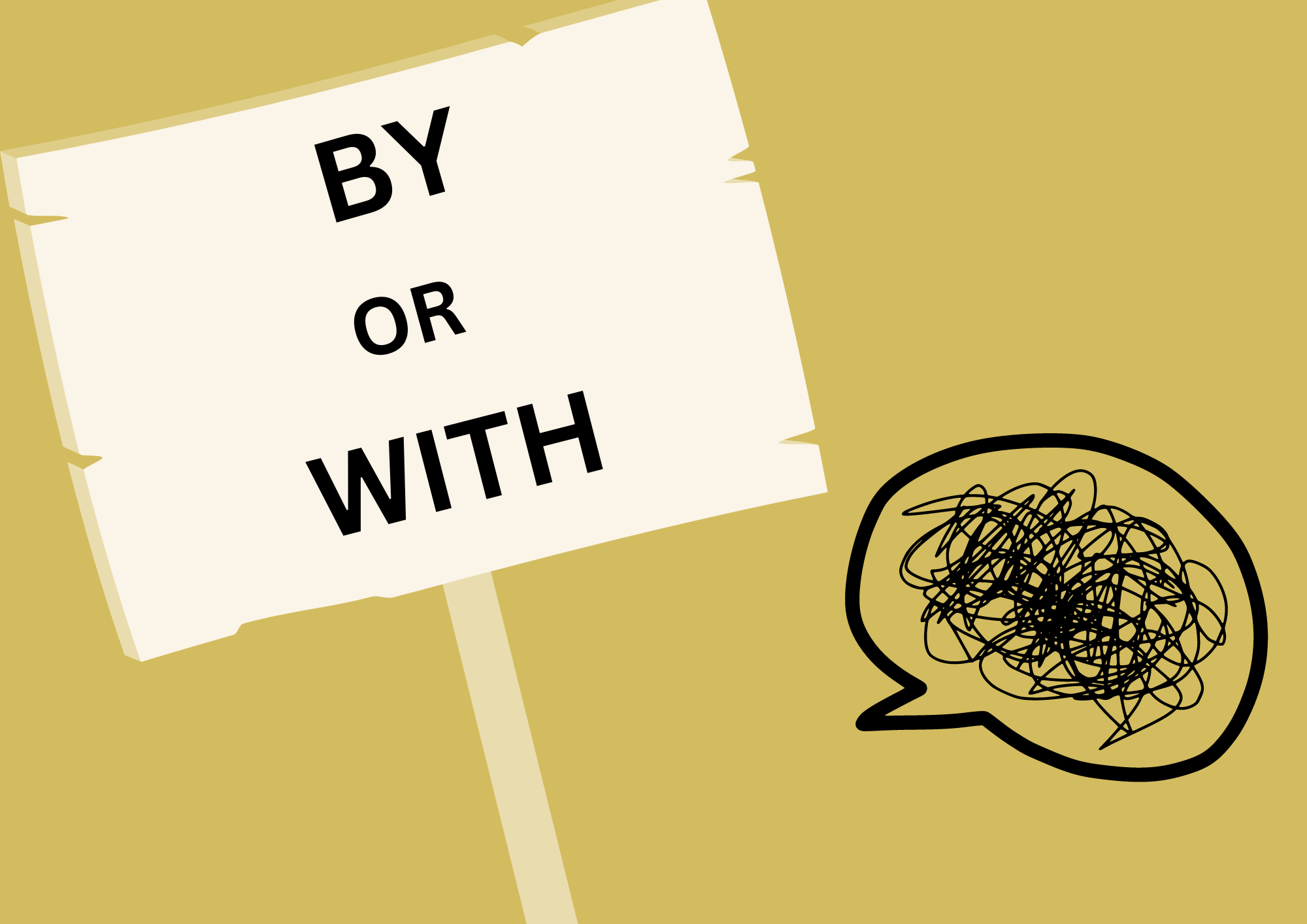15 English idioms that everyone should know
In this blog you will find 15 English idioms that everyone should know. But first, what is an idiom? Idioms are group of words, or in other words, a phrase that has a meaning different from the literal meaning of the words in it. In other words “Idioms mean something different than the individual words.” Native…








